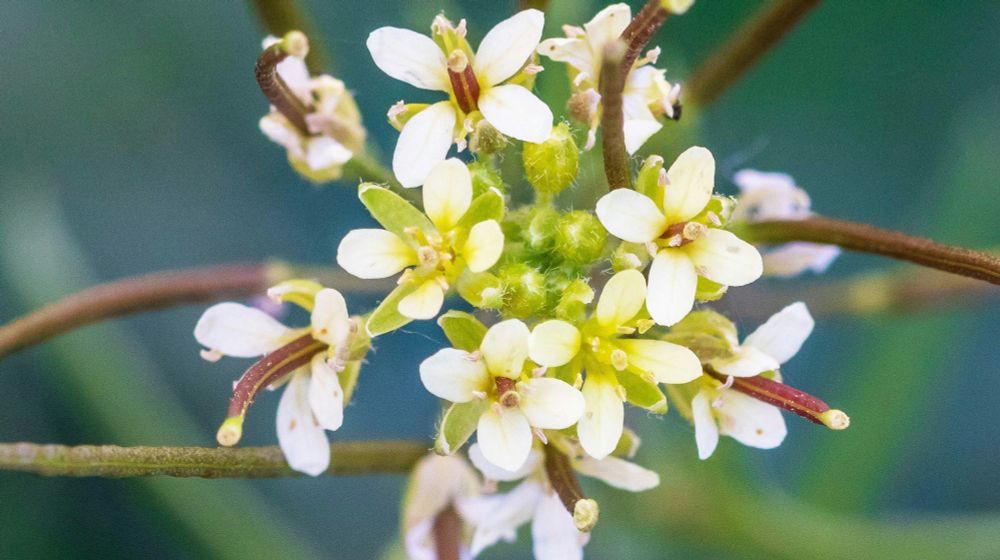🐈 metascience, psych, med, health, education, sociol, quant methods, stats ECRs welcome
💰 AU$200
🎫 + travel subsidies
ℹ️ forms.gle/9JvoRBKCzYyY...
Re-posts appreciated 🌈

🐈 metascience, psych, med, health, education, sociol, quant methods, stats ECRs welcome
💰 AU$200
🎫 + travel subsidies
ℹ️ forms.gle/9JvoRBKCzYyY...
Re-posts appreciated 🌈
The journal STOTEN has been placed on hold by Clarivate, meaning it is under investigation and may lose its indexing (including impact factor). Consider publishing elsewhere.
mjl.clarivate.com/search-results



🏙️🔵🏡
doi.org/10.1002/wat2...
@epcn.bsky.social

🏙️🔵🏡
doi.org/10.1002/wat2...
@epcn.bsky.social

🗓️ Tuesday, Nov 25th
🕐 13:00 CET
🔗 Registration form: forms.gle/6YwSLVAyNmem...
📩 Zoom link will be sent to registrants before the event.

🗓️ Tuesday, Nov 25th
🕐 13:00 CET
🔗 Registration form: forms.gle/6YwSLVAyNmem...
📩 Zoom link will be sent to registrants before the event.
@elsevierconnect.bsky.social journal STOTEN finally lost its IF!! The journal was under the hands of the corrupt editor & #papermill #fraud Damia Barcelo. Will Elsevier finally retract all the shit it published?
Clarivate finally delisted this corrupt journal.


@elsevierconnect.bsky.social journal STOTEN finally lost its IF!! The journal was under the hands of the corrupt editor & #papermill #fraud Damia Barcelo. Will Elsevier finally retract all the shit it published?
Clarivate finally delisted this corrupt journal.
doi.org/10.1111/ele....

doi.org/10.1111/ele....


Apply here:
lanl.jobs/search/jobde...
Reposts appreciated!

Apply here:
lanl.jobs/search/jobde...
Reposts appreciated!

doi.org/10.1371/jour...

doi.org/10.1371/jour...

www.sciencemagazinedigital.org/sciencemagaz...

www.sciencemagazinedigital.org/sciencemagaz...

Read here: buff.ly/yFDdpAZ

Read here: buff.ly/yFDdpAZ
Principal Conservation Scientist, RSPB Cymru
Can you provide the evidence needed to save and restore the iconic species and landscapes of Wales?
Deadline: 3rd Nov
Location: Flexible within Wales
Duration: Permanent
Apply here: app.vacancy-filler.co.uk/salescrm/Car...
📷Jake Stephen

Principal Conservation Scientist, RSPB Cymru
Can you provide the evidence needed to save and restore the iconic species and landscapes of Wales?
Deadline: 3rd Nov
Location: Flexible within Wales
Duration: Permanent
Apply here: app.vacancy-filler.co.uk/salescrm/Car...
📷Jake Stephen
Good news: We just updated our Cleaning Biodiversity Data in R book, so you still can! We've updated data for 2025, added new content & fixed lots of silly typos 😀
Live the shrimp-le life:
cleaning-data-r.ala.org.au
#rstats #ecology 🧪🌏

Good news: We just updated our Cleaning Biodiversity Data in R book, so you still can! We've updated data for 2025, added new content & fixed lots of silly typos 😀
Live the shrimp-le life:
cleaning-data-r.ala.org.au
#rstats #ecology 🧪🌏
Summary ➡️ enb.iisd.org/world-summit...
#IUCN2025



Summary ➡️ enb.iisd.org/world-summit...
#IUCN2025
www.simonsfoundation.org/grant/simons-postdoctoral-fellowships-in-plant-biology🧪🌾🌐

www.simonsfoundation.org/grant/simons-postdoctoral-fellowships-in-plant-biology🧪🌾🌐
👉 doi.org/p89v

👉 doi.org/p89v


